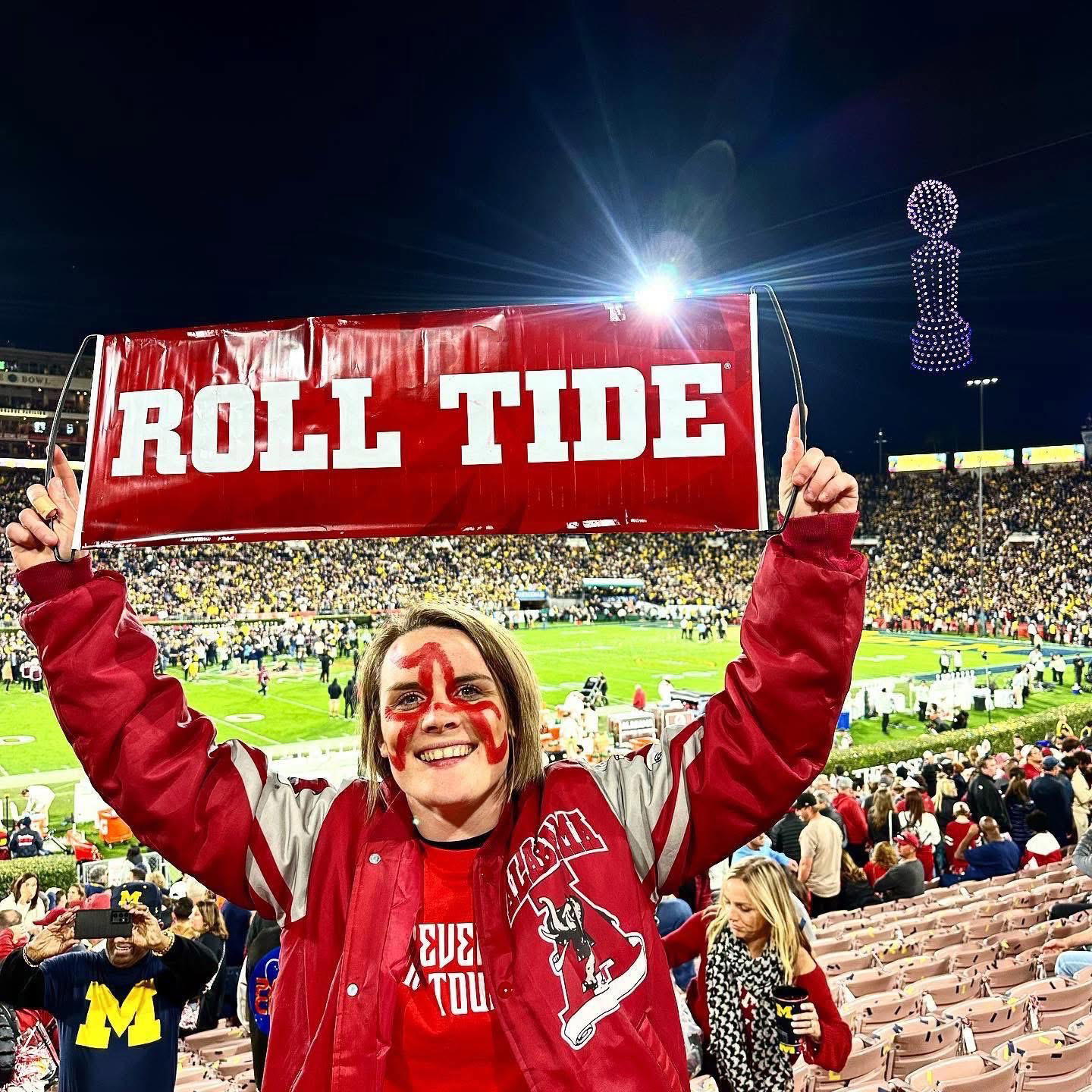

Beyond championships, Nick Saban built character, fostered life skills, and transformed lives, leaving an enduring impact far greater than any win.
I wrote an article recently about Nick Saban’s on-the-field success: the championships, the dominance, the way he changed the entire landscape of college football.
But as I sat back and thought about it, I realized something: I failed to highlight the biggest thing.
It wasn’t the wins.
It wasn’t the titles.
It was the people.
Because while Nick Saban built a football dynasty, he was quietly building something far greater; a generation of young men and a community that he cared for, invested in, and transformed.
More Than a Coach
The public often saw Saban as intense, demanding, laser-focused. And that’s all true. But behind that image was a man who deeply loved the people he led.
He poured into his players in ways most never saw.
He didn’t just want them to be great football players; he wanted them to become better men.
Former players talk about how he held them accountable, how he taught them responsibility, discipline, and self-worth. But more importantly, they talk about how much he cared. Saban believed in the power of preparation, not just for the next opponent, but for life itself.
He was known to check in on his former players long after they left Tuscaloosa; helping them through personal struggles, connecting them to job opportunities, and reminding them of their value far beyond the game.
His impact reached into locker rooms, living rooms, and entire communities. Wherever someone needed guidance or hope, Saban was there.
For Nick Saban, coaching was never just about football.
It was about life stewardship.
Changing Tuscaloosa, One Family at a Time
Nick and Terry Saban have given millions to Tuscaloosa through their Nick’s Kids Foundation and other personal donations, including a $1.25 million gift to help create the Saban Center, a state-of-the-art educational and community hub designed to inspire and equip future generations.
Since 2007, their foundation has donated nearly $16 million to the Tuscaloosa community. Those funds have built homes for families through Habitat for Humanity, constructed career tech classrooms for local schools, created an all-inclusive playground where every child can play without barriers, and supported countless local charities that care for the city’s most vulnerable.
But the numbers only tell part of the story.
What truly matters is why they gave.
When a devastating tornado tore through Tuscaloosa in 2011, Nick Saban wasn’t just a coach leading a football team, he became a leader for an entire city. He and Miss Terry rolled up their sleeves and went to work, helping rebuild homes, restore hope, and remind people that even in heartbreak, community endures.
He didn’t just bring championships to Tuscaloosa, he brought compassion.
He brought hope to families who had lost everything.
He brought examples of what true leadership looks like. The kind that walks the walk and talks the talk.
He brought unity to a city that needed reminding that it could overcome anything, together.
And he showed that football can be more than a game. That it can be a vehicle for change, healing, and growth.
Through every victory, every rebuilding effort, and every act of giving, Nick Saban reminded Tuscaloosa that greatness isn’t just about winning on Saturdays, it’s about lifting people up every other day of the week.
The Culture He Built
Every national title, every Heisman winner, every Saturday triumph in Bryant–Denny Stadium will be remembered. But time has a way of fading records and scores. What won’t fade is the culture of character Nick Saban built , one that reached far beyond football.
He demanded excellence not just because he wanted perfection, but because he wanted purpose. He taught his players to handle success with humility and failure with grace. He preached discipline, faith, and doing the little things right. Lessons that last long after the stadium lights go out.
You see it in the way his players still talk about him.
In how they still call him “Coach.”
In how they return to campus years later, not for the trophies, but for the man who helped shape their lives.
And you see it in the way he poured himself into Tuscaloosa.
Into classrooms.
Into families.
Into the University.
Nick Saban didn’t just build a football program. No, he built people.
He built a community.
He built a culture.
A standard.
A family.
That culture didn’t just transform players , it changed the lives of countless coaches, too.
Saban had a gift for seeing potential when others couldn’t. He believed in second chances, in redemption, and in helping people rebuild their careers the same way he helped his players rebuild their lives.
Just look at the list of names who’ve passed through his program and gone on to lead their own: Lane Kiffin, Kirby Smart, Steve Sarkisian, Jimbo Fisher, Mel Tucker, Billy Napier, Mario Cristobal, and so many others.
Many of them arrived in Tuscaloosa at crossroads in their careers. Some after being fired, some after public criticism, some unsure of what came next. But Saban opened the door, gave them purpose again, and reminded them that mistakes don’t define you, growth does.
He poured into them the same way he poured into his players. He sharpened them, challenged them, believed in them, and when they were ready, he sent them out.
Not just as better coaches, but as better leaders.
But even more importantly, better men.
That’s what made Saban’s culture so special. It wasn’t just about winning games, it was about building people, giving them the tools, confidence, and discipline to win in life long after they left his program.
The same culture that produced championships also produced second chances, new beginnings, and a ripple effect of excellence that still shapes college football today.
The True Measure of Greatness
It’s easy to measure success by the scoreboard.
But Saban’s real victories were never listed in a record book.
They were found in the hearts he lifted, the futures he changed, and the city he helped rebuild.
When history looks back on Nick Saban, the rings will shine bright and the records will impress. But the truest measure of his greatness will be the lives he touched.
He made his players better men.
He gave coaches second chances.
He made his city stronger.
And he reminded all of us that true greatness isn’t just found under bright lights on a Saturday night. It’s found in how we serve and help others when the cameras are off.
That’s the legacy of Nick Saban, and it’s one that will outlast every championship banner hanging in Bryant–Denny Stadium.
Because greatness isn’t just about how much you win.
It’s about how much you give.
And Nick Saban… well, he gave it all.
Time and time again.
Championship after championship.
Player after player.
And that’s why he’ll always be the GOAT.
Roll Tide.

